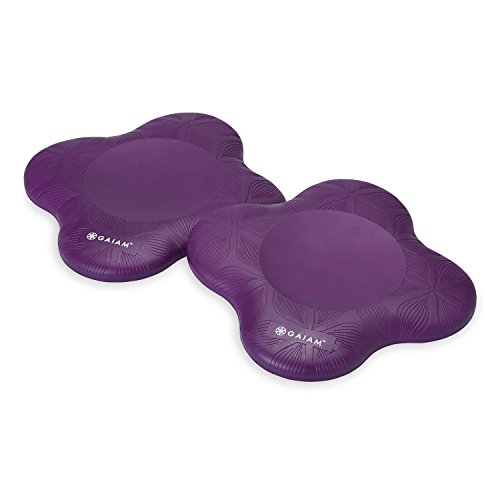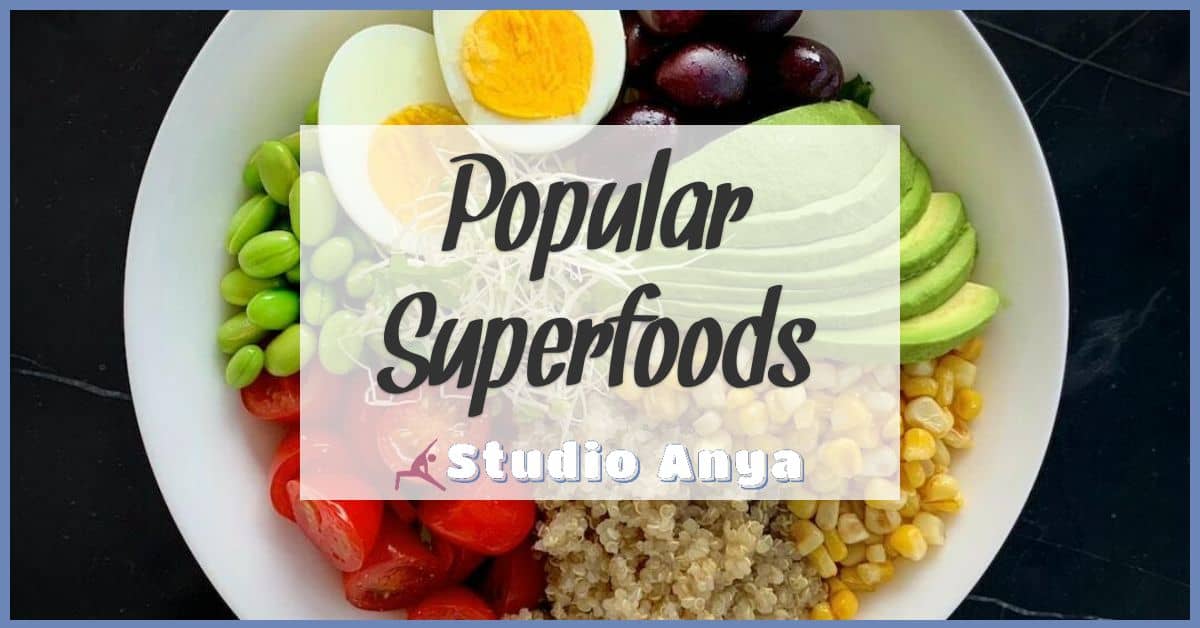When I first switched to a vegan lifestyle, one question kept popping up: “How will you get enough omega-3s?” It’s a common concern, and I get it—omega-3 fatty acids are essential for brain health, heart health, and so much more. But guess what? You don’t need fish to meet your omega-3 needs. Plants have got you covered!
Understanding Omega-3s And Their Importance
As a yoga and meditation teacher, I often emphasize the connection between mindful living and conscious nutrition. Omega-3 fatty acids are essential nutrients that play a vital role in maintaining our physical and mental well-being.
What Are Omega-3 Fatty Acids?
Omega-3s are a type of polyunsaturated fat crucial for various bodily functions. The three main types are ALA (alpha-linolenic acid), EPA (eicosapentaenoic acid), and DHA (docosahexaenoic acid). Plant-based sources primarily provide ALA, while EPA and DHA traditionally come from fish or algae. Our bodies can convert ALA into EPA and DHA, though the process is limited. Including ALA-rich foods in meals supports overall health.
Why Are Omega-3s Important For Vegans?
For those following a vegan lifestyle, meeting omega-3 needs without fish is entirely achievable. Omega-3s support brain function, heart health, and joint flexibility—key areas of focus for yogis and meditation practitioners. Omega-3s also reduce inflammation, which benefits physical recovery after yoga or breathwork sessions. By incorporating plant-based omega-3 sources like flaxseeds, chia seeds, hemp seeds, and walnuts into your nutrition plan, you can align consumption with your practice of mindful, compassionate living.
Best Vegan Sources Of Omega-3s
Through my journey as a yoga instructor and meditation enthusiast, I’ve found that nourishing the body with plant-based omega-3s strengthens physical flexibility, mental clarity, and spiritual grounding. Here are my top choices for vegan omega-3 sources that align with a healthy, mindful lifestyle.
Flaxseeds And Flaxseed Oil
Flaxseeds deliver an abundance of alpha-linolenic acid (ALA), the essential omega-3 fatty acid. I regularly add 1-2 tablespoons of ground flaxseeds to my smoothies or oatmeal, ensuring better absorption of nutrients. Flaxseed oil also provides a concentrated source of omega-3s and enhances salad dressings or drizzles over vegetables.
Chia Seeds
Chia seeds are a simple yet powerful addition to any diet. With about 5 grams of ALA per ounce, they support brain function and reduce inflammation. I often recommend soaking them overnight for chia puddings or stirring them into a hydrating coconut water mix to nourish the body after a yoga session.
Walnuts
Walnuts contain roughly 2.5 grams of ALA per ounce, making them ideal for heart health and focus during meditation. I enjoy snacking on a small handful or blending them into homemade energy bars, which support mindfulness practice by keeping energy levels stable.
Hemp Seeds
Hemp seeds combine plant-based protein with omega-3s, offering approximately 1 gram of ALA per tablespoon. Their earthy flavor complements smoothie bowls and salads. These seeds not only boost physical recovery but also sustain energy for longer yoga flows and meditation sessions.
Algal Oil
Algal oil, extracted from algae, is one of the rare vegan sources for DHA and EPA. It directly benefits cognitive health and balances the body’s inflammatory response. I often suggest algal oil supplements to clients who want a direct source of these nutrients. It’s an intentional choice that supports holistic wellness without relying on fish oil.
How To Incorporate Omega-3s Into A Vegan Diet
Adding omega-3s to a vegan diet can be simple and enjoyable. I regularly encourage my yoga students to explore these options to support their practice and overall well-being.
Smoothies And Breakfast Ideas
I like starting my day with smoothies packed with omega-3-rich ingredients. A tablespoon of flaxseed or chia seeds blended into a smoothie provides a substantial dose of ALA. For added nutrition, I use unsweetened almond milk and include leafy greens like spinach, which align with a mindful diet. Overnight oats are another favorite. I mix rolled oats with chia seeds, plant milk, and a dash of maple syrup the night before for a quick, omega-3-rich breakfast.
Snacks And Salads
For snacks, I recommend incorporating walnuts. A small handful makes a satisfying, nutrient-dense option. When preparing salads, I add hemp seeds or drizzle flaxseed oil over the greens. The nutty flavor of hemp seeds pairs beautifully with fresh vegetables and enhances heart health. Algal oil-based dressings are another creative way to add DHA and EPA, offering benefits for cognitive function.
Cooking Tips And Recipes
Flaxseed oil, while nutrient-dense, isn’t suitable for cooking due to its low smoke point. I use it in raw dishes like hummus or drizzle it over cooked grains like quinoa. Hemp seeds can be sprinkled on soups or roasted vegetables for texture and extra omega-3s. When baking, I substitute eggs with flax or chia egg alternatives (1 tablespoon seeds with 3 tablespoons water). These tips allow me to include omega-3s daily while enjoying diverse, plant-based meals.
Additional Tips For Meeting Your Omega-3 Needs
Incorporating omega-3s into a mindful, plant-based lifestyle ensures a well-rounded approach to health. I often share these strategies with my yoga students and clients to support their overall well-being.
Balancing Omega-3 And Omega-6 Intake
Maintaining the right balance between omega-3 and omega-6 fatty acids is vital for reducing inflammation. While omega-6s are found in many plant oils like sunflower, soybean, and corn oil, excessive amounts can overwhelm omega-3 levels. I suggest limiting processed foods high in these oils and replacing them with healthier options like olive or avocado oil.
For anyone practicing yoga or meditation, a balanced diet influences both energy levels and mental clarity. Adding more omega-3-rich foods, like flaxseed or chia seeds, can restore this balance. For instance, I use ground flaxseed in my smoothies and sprinkle chia seeds on salads or soups.
Supplements: When And Why To Consider
While whole foods remain the best source of nutrients, I recognize that some may find it challenging to meet their omega-3 needs through diet alone. In such cases, I recommend algae-based DHA and EPA supplements—a vegan-friendly option with direct cognitive and anti-inflammatory benefits.
I remind clients to assess their intake first. If there’s a gap, particularly for meditative practices requiring focus, consulting with a healthcare professional about adding an algae oil supplement may be beneficial. Personally, I include one during busy weeks when meal prep gets limited. It’s helped maintain my energy and mental stamina for teaching yoga and meditation sessions.
Conclusion
Transitioning to a vegan lifestyle doesn’t mean compromising on essential nutrients like omega-3s. With so many plant-based options available, it’s entirely possible to support your health and well-being while staying true to your values. By incorporating foods like flaxseeds, chia seeds, walnuts, and hemp seeds into your meals, you can enjoy the benefits of omega-3s without relying on animal products.
Whether it’s through simple recipes, mindful meal planning, or even algae-based supplements, meeting your omega-3 needs can be both easy and enjoyable. A balanced, nutrient-rich diet is key to feeling your best and staying energized for all the things you love.













